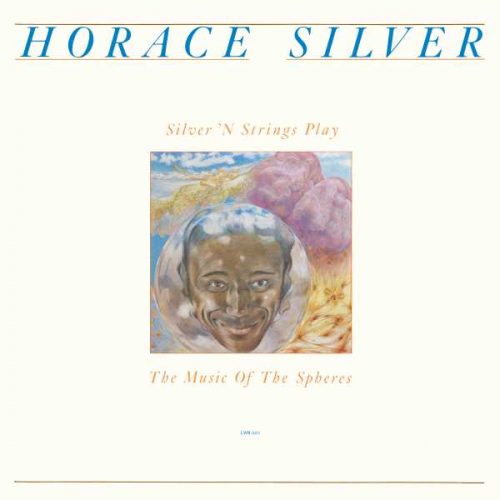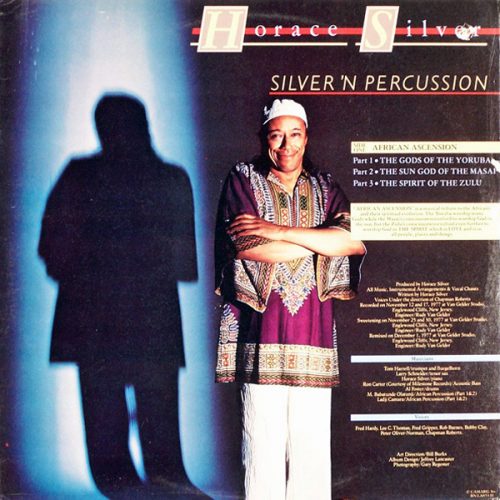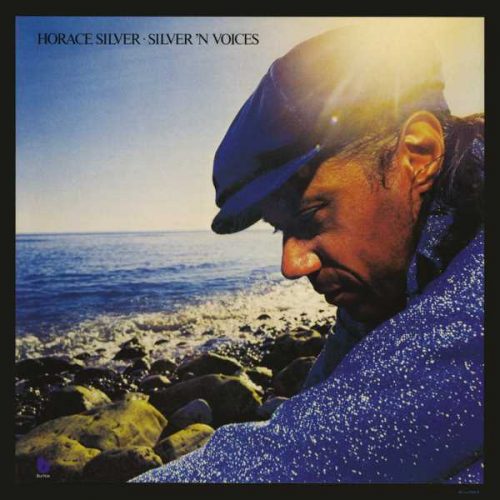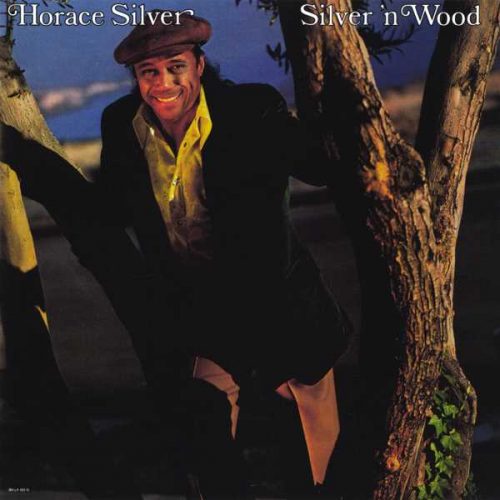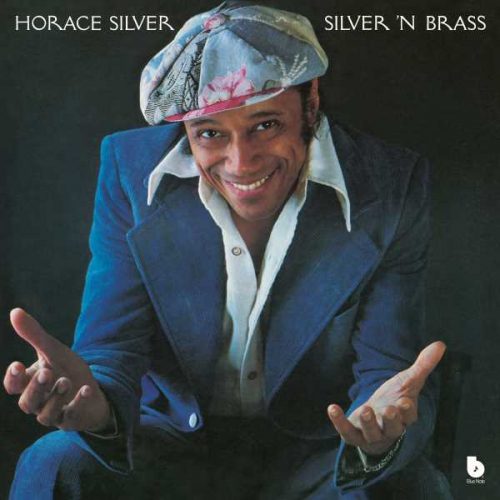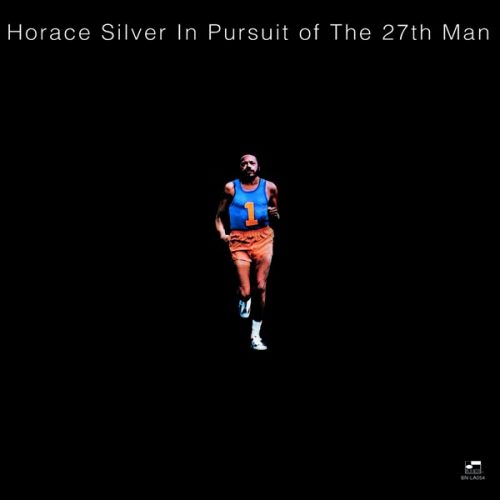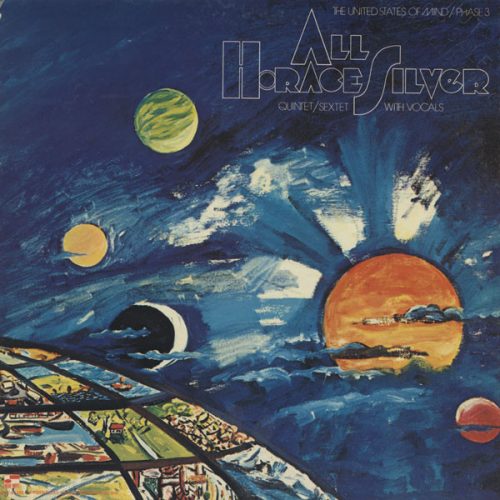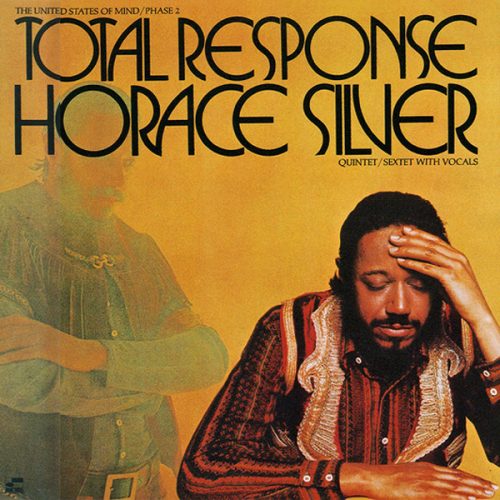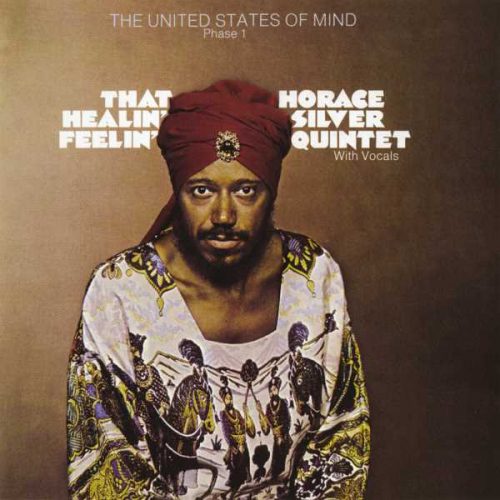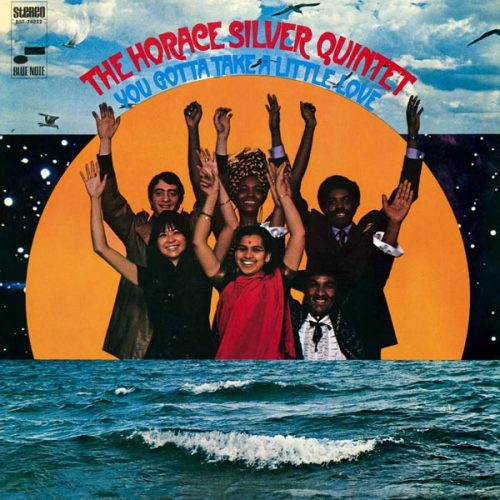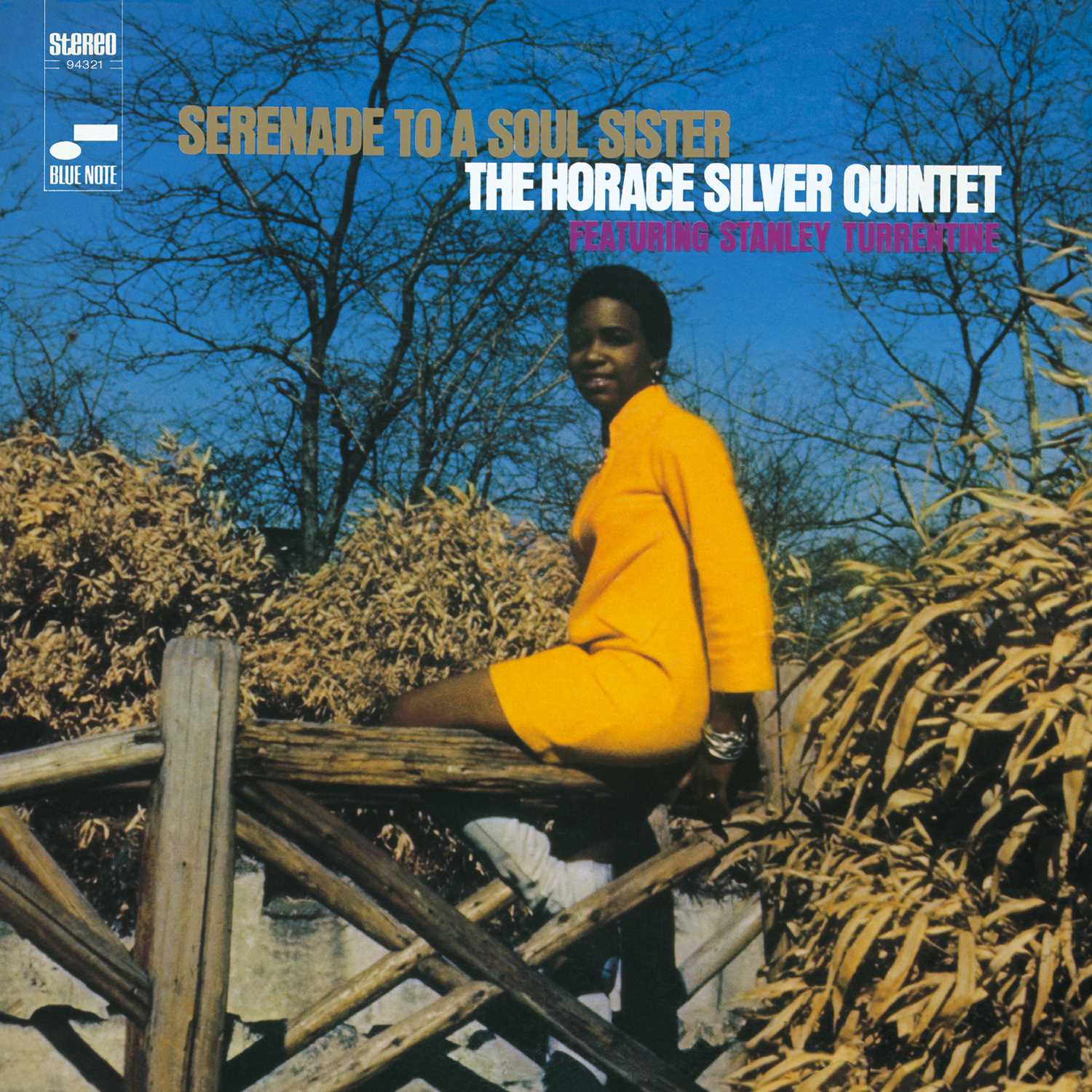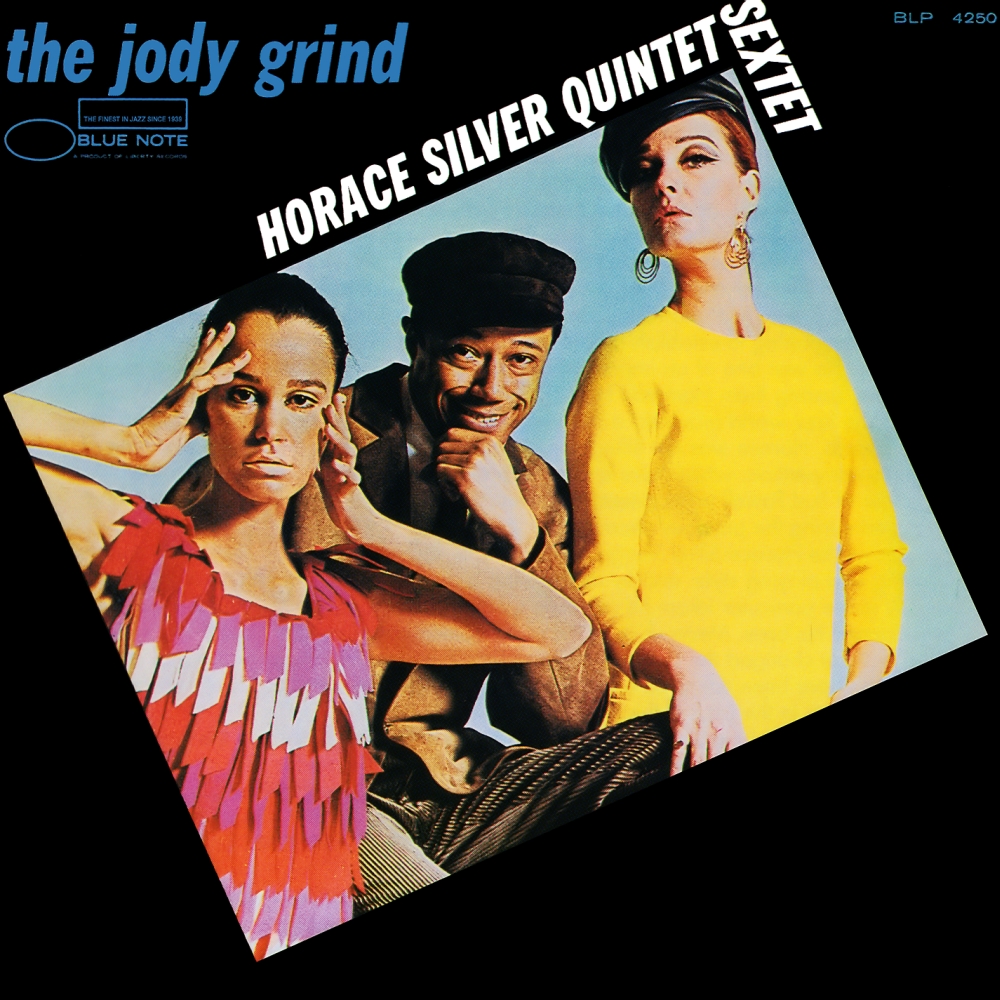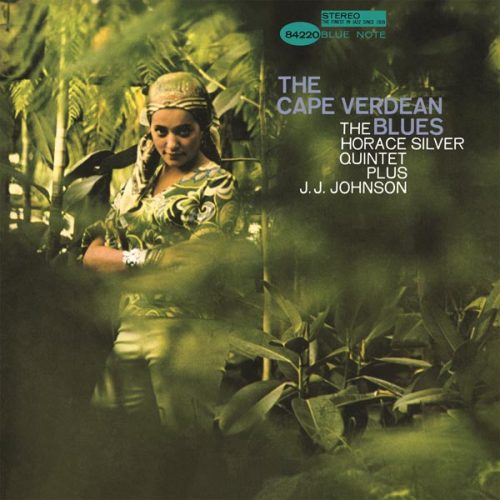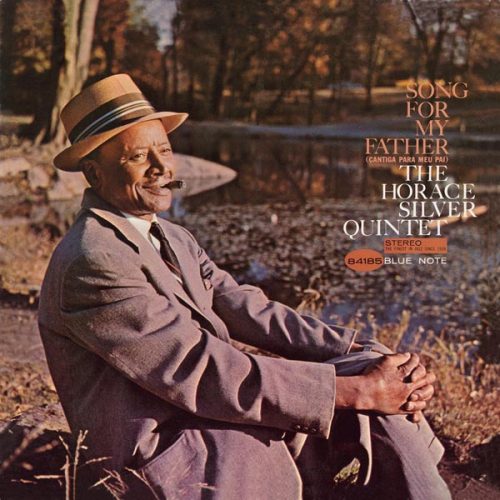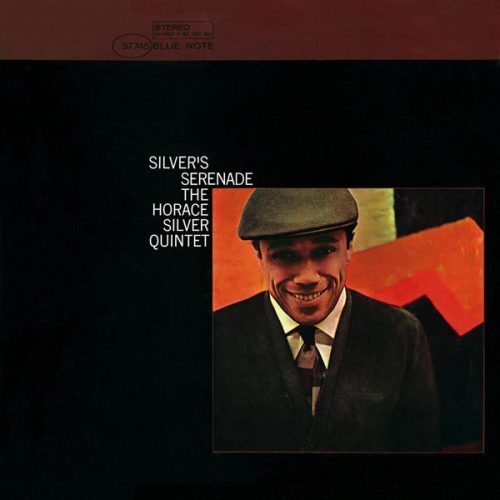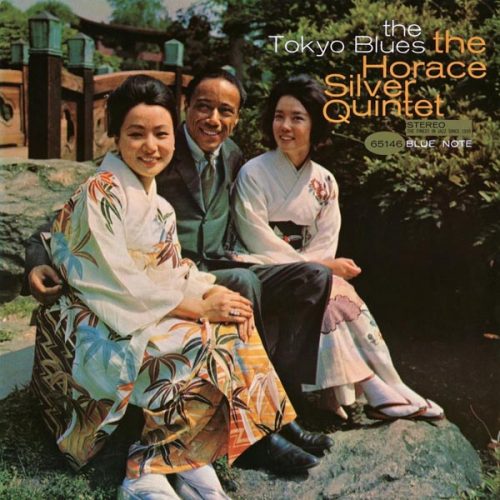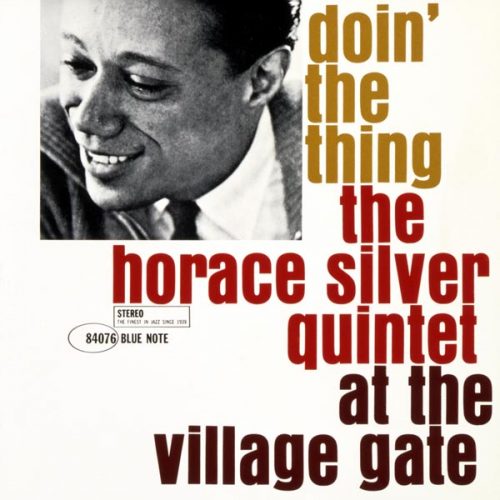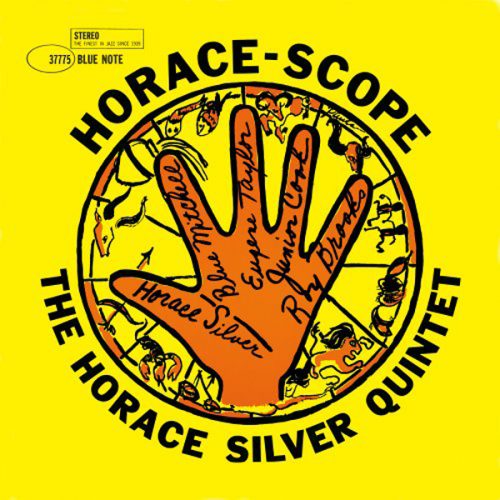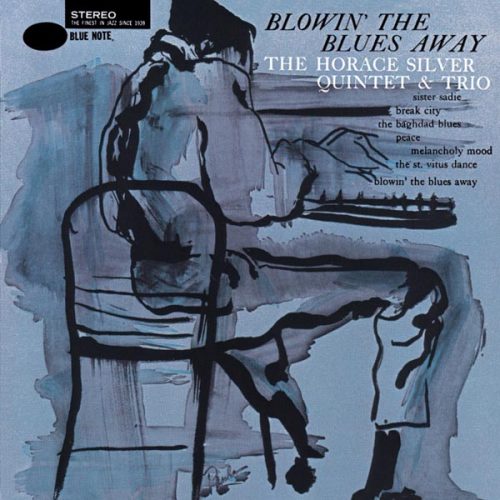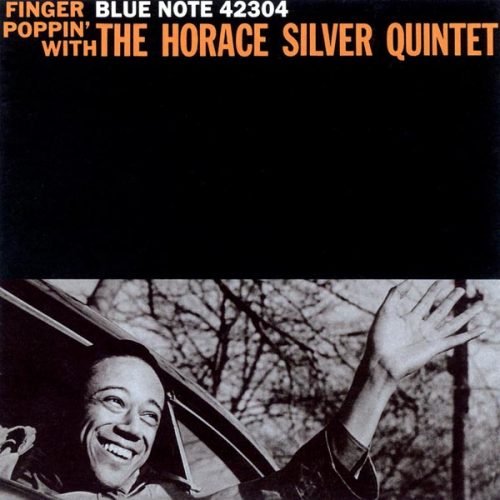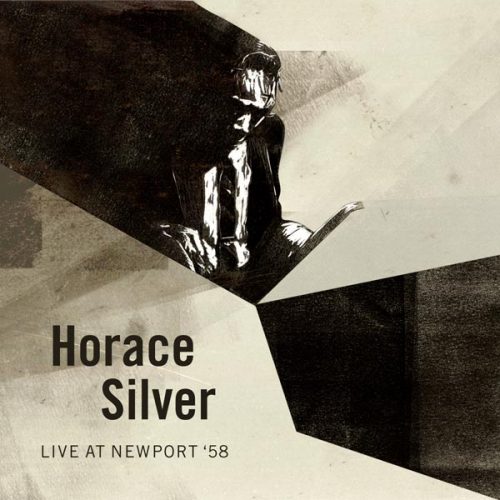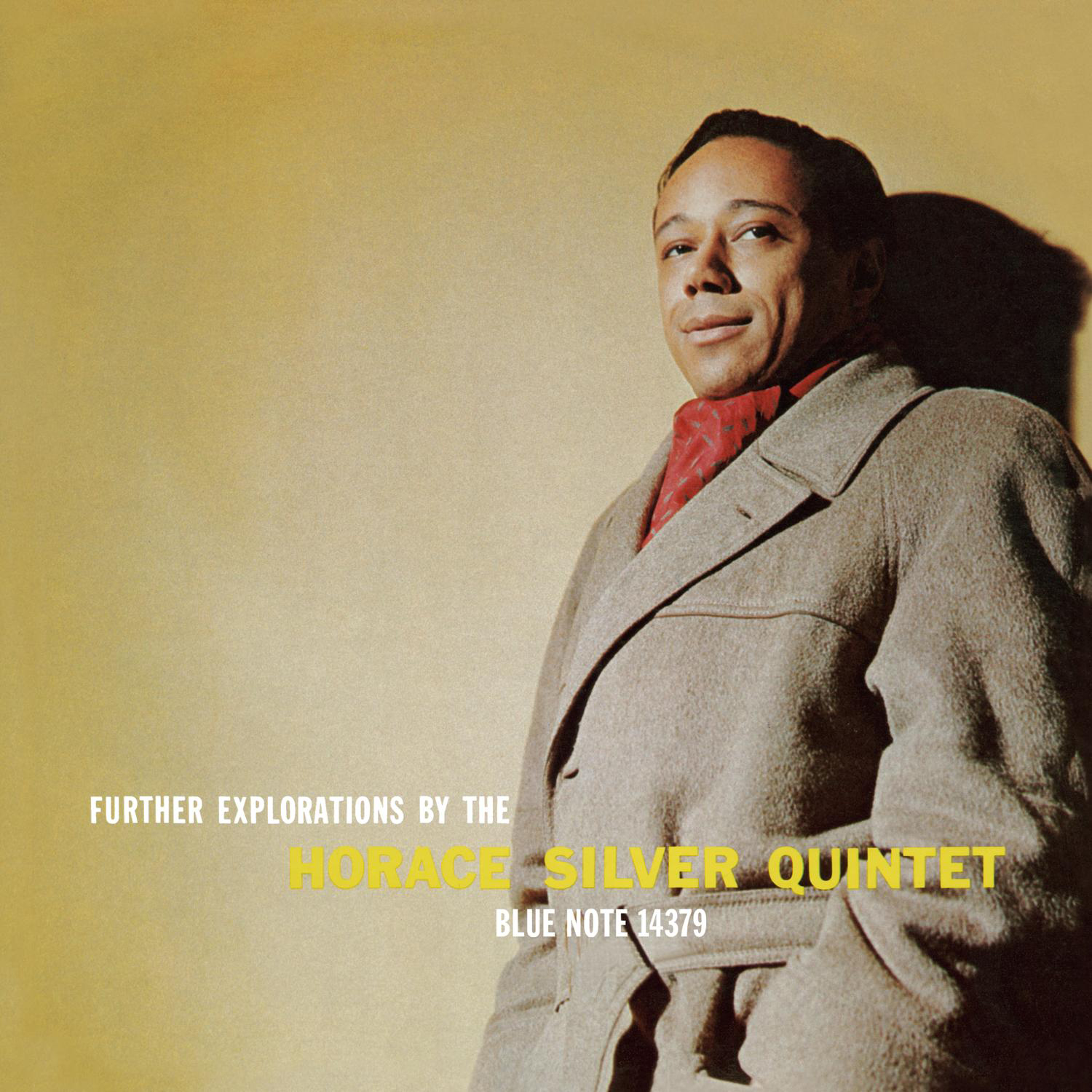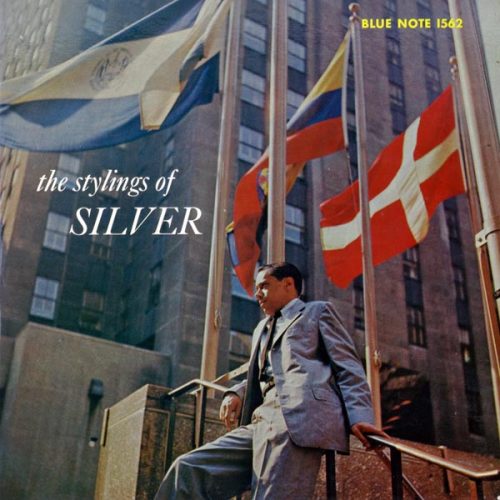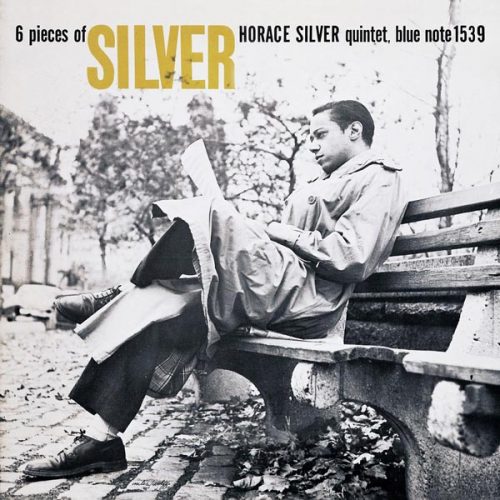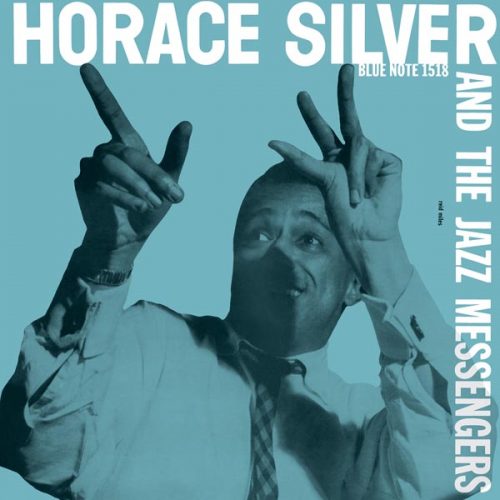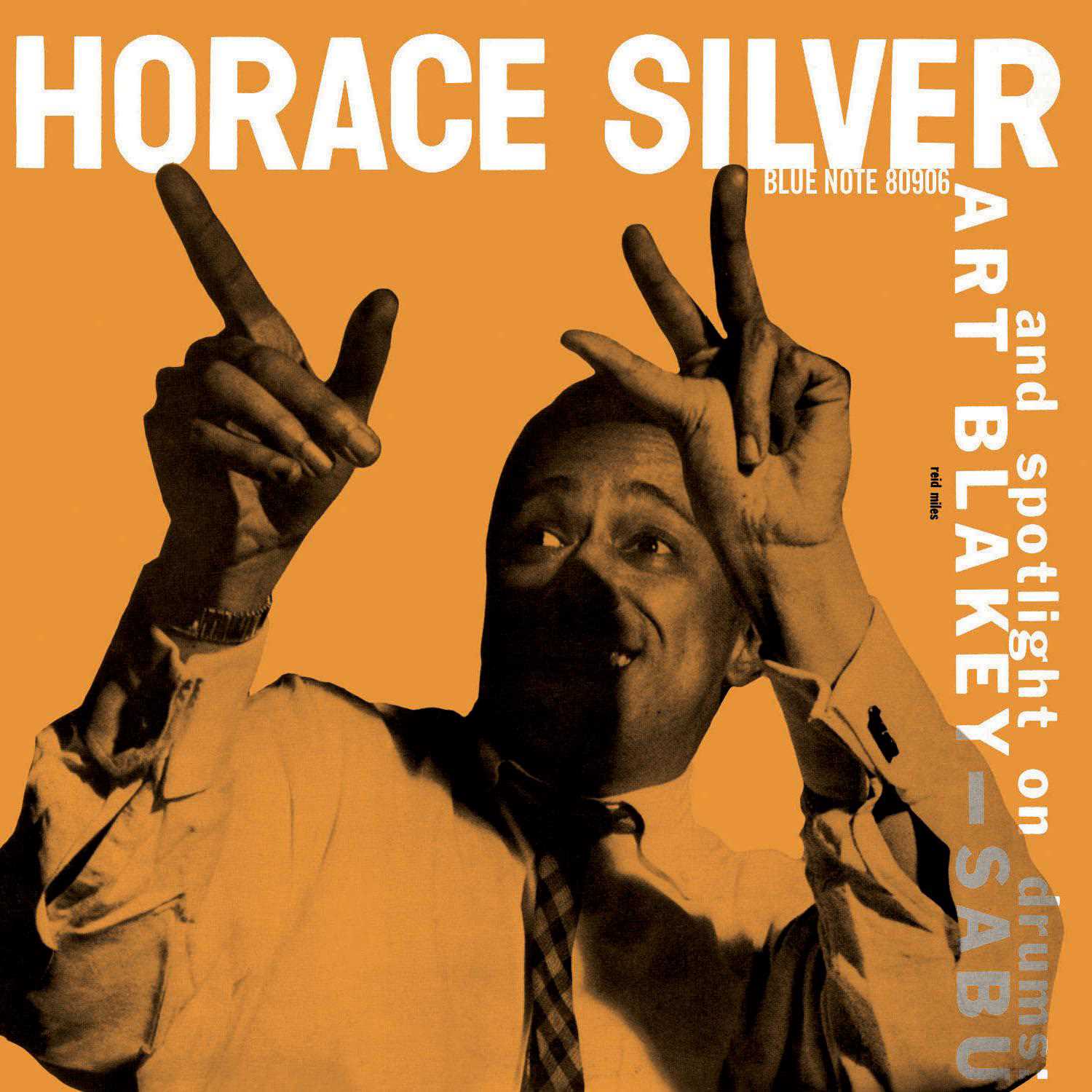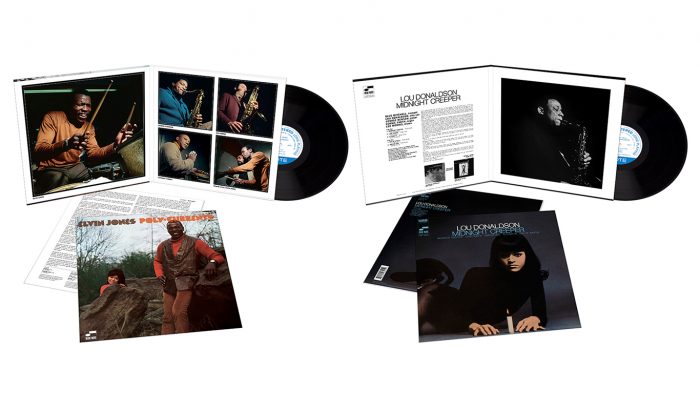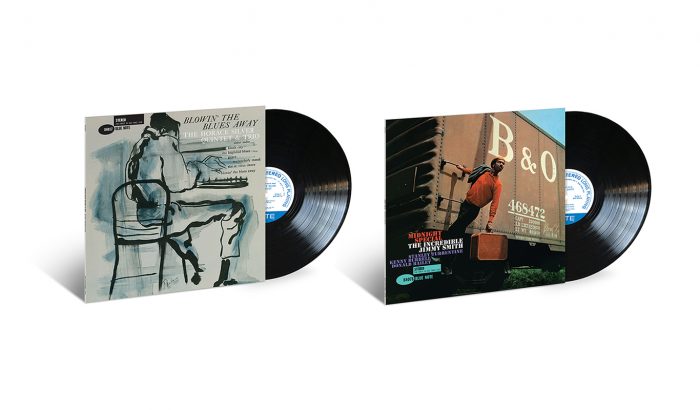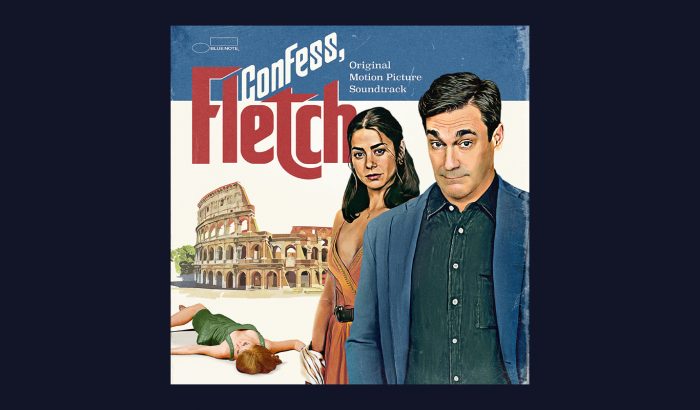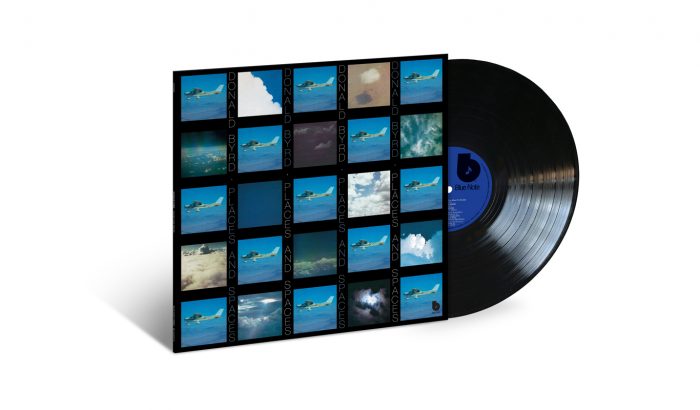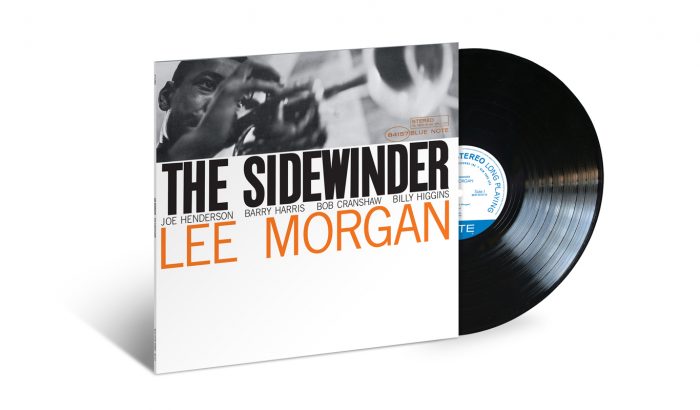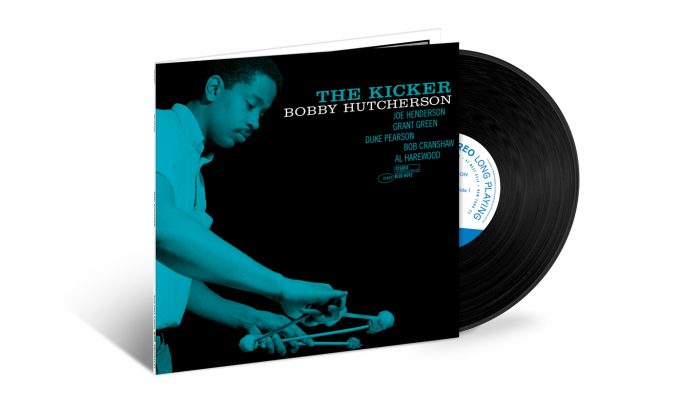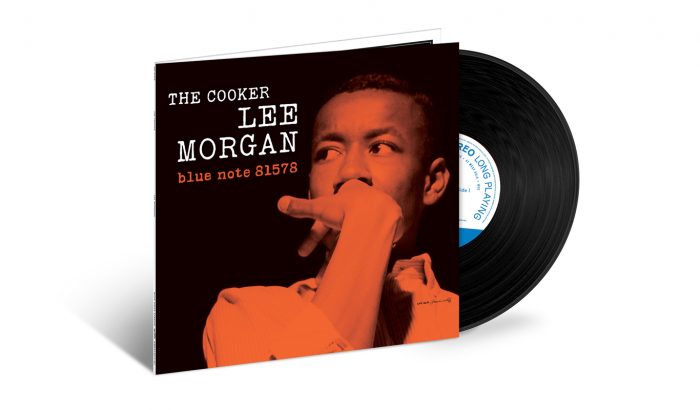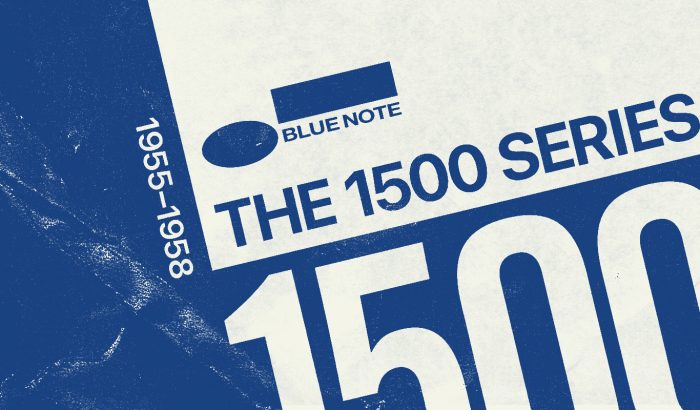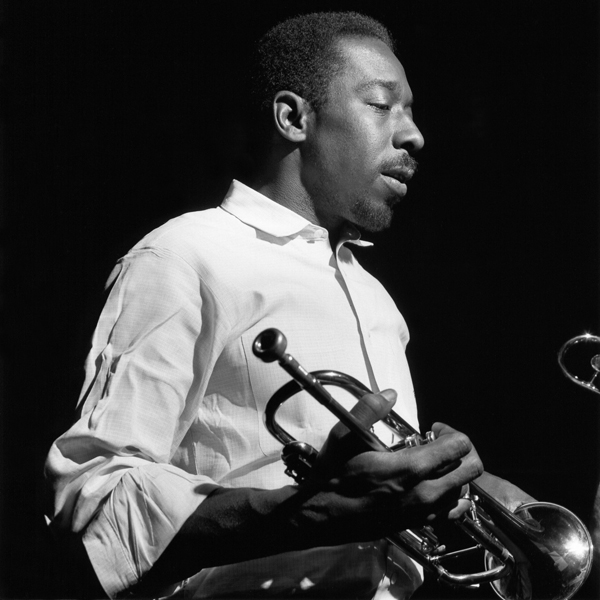Biography- Biography
From the perspective of the early 2000s, it is clear that few jazz musicians have had a greater impact on the contemporary mainstream than Horace Silver. The hard bop style that Silver pioneered in the ’50s is now dominant, played not only by holdovers from an earlier generation, but also by fuzzy-cheeked musicians who had yet to be born when the music fell out of critical favor in the ’60s and ’70s.
Silver’s earliest musical influence was the Cape Verdean folk music he heard from his Portuguese-born father. Later, after he had begun playing piano and saxophone as a high schooler, Silver came under the spell of blues singers and boogie-woogie pianists, as well as boppers like Thelonious Monk and Bud Powell. In 1950, Stan Getz played a concert in Hartford, CT, with a pickup rhythm section that included Silver, drummer Walter Bolden, and bassist Joe Calloway. So impressed was Getz, he hired the whole trio. Silver had been saving his money to move to New York anyway; his hiring by Getz sealed the deal.
Silver worked with Getz for a year, then began to freelance around the city with such big-time players as Coleman Hawkins, Lester Young, and Oscar Pettiford. In 1952, he recorded with Lou Donaldson for the Blue Note label; this date led him to his first recordings as a leader. In 1953, he joined forces with Art Blakey to form a cooperative under their joint leadership. The band’s first album, Horace Silver and the Jazz Messengers, was a milestone in the development of the genre that came to be known as hard bop. Many of the tunes penned by Silver for that record — “The Preacher,” “Doodlin’,” “Room 608” — became jazz classics. By 1956, Silver had left the Messengers to record on his own. The series of Blue Note albums that followed established Silver for all time as one of jazz’s major composer/pianists. LPs like Blowin’ the Blues Away and Song for My Father (both recorded by an ensemble that included Silver’s longtime sidemen Blue Mitchell and Junior Cook) featured Silver’s harmonically sophisticated and formally distinctive compositions for small jazz ensemble.
Silver’s piano style — terse, imaginative, and utterly funky — became a model for subsequent mainstream pianists to emulate. Some of the most influential horn players of the ’50s, ’60s, and ’70s first attained a measure of prominence with Silver — musicians like Donald Byrd, Woody Shaw, Joe Henderson, Benny Golson, and the Brecker Brothers all played in Silver’s band at a point early in their careers. Silver has even affected members of the avant-garde; Cecil Taylor confesses a Silver influence, and trumpeter Dave Douglas played briefly in a Silver combo.
Silver recorded exclusively for Blue Note until that label’s eclipse in the late ’70s, whereupon he started his own label, Silveto. Silver’s ’80s work was poorly distributed. During that time he began writing lyrics to his compositions; his work began to display a concern with music’s metaphysical powers, as exemplified by album titles like Music to Ease Your Disease and Spiritualizing the Senses. In the ’90s, Silver abandoned his label venture and began recording for Columbia. With his re-emergence on a major label, Silver is once again receiving a measure of the attention his contribution deserves. Certainly, no one has ever contributed a larger and more vital body of original compositions to the jazz canon. ~ Chris Kelsey
Releases- Releases
Silver ‘n Strings Play the Music of the Spheres - Horace Silver
Silver ‘N Percussion - Horace Silver
Silver ‘N Voices - Horace Silver
Silver ‘N Wood - Horace Silver
Silver ‘N Brass - Horace Silver
In Pursuit Of The 27th Man - Horace Silver
All - Horace Silver
Total Response - Horace Silver
That Healin’ Feelin’ - Horace Silver
You Gotta Take A Little Love - Horace Silver
Serenade To A Soul Sister - Horace Silver
The Jody Grind - Horace Silver
The Cape Verdean Blues - Horace Silver
Song For My Father - Horace Silver
Silver’s Serenade - Horace Silver
The Tokyo Blues - Horace Silver
Doin’ the Thing: At the Village Gate - Horace Silver
Horace – Scope - Horace Silver
Blowin’ The Blues Away - Horace Silver
Finger Poppin’ with the Horace Silver Quintet - Horace Silver
Live At Newport ’58 - Horace Silver
Further Explorations - Horace Silver
The Stylings Of Silver - Horace Silver
Six Pieces Of Silver - Horace Silver
Horace Silver And The Jazz Messengers - Horace Silver
Horace Silver Trio - Horace Silver
SPOTLIGHT- SPOTLIGHT
View All
HORACE SILVER “BLOWIN’ THE BLUES AWAY”
By Dan Ouellette In 1997, I met up with Horace Silver at his Southern California home in the Malibu hills with a scenic vista of the Pacific Ocean in the distance. I was interviewing him about the resurgence of his career at the time for a feature in DownBeat. The amiable and down-home pianist and long-time Blue Note Records artist, closing in on his 70th birthday, talked about his latest... read more
HORACE SILVER’S CAPE VERDEAN FLAVORED “SONG FOR MY FATHER”
One of the most indelible tunes in the jazz canon, Horace Silver’s “Song for My Father,” recorded on October 26, 1964 for the album that bears the same name, could have become an AM Top 40 radio hit had the powers to be back then delved deeper beyond the Beatles, the Beach Boys and Motown to find rich sources of beguiling song. In fact, a decade later, the pop group Steely Dan lifted the... read more
LOUIS HAYES’ SERENADE FOR HORACE
In 1956, a teenaged Louis Hayes journeyed from his hometown of Detroit to New York City on the recommendation of bassist Doug Watkins to play drums for legendary hard-bop pianist, composer and bandleader Horace Silver. It was a career-defining moment for Hayes because in November of that year he made his recording debut on Silver’s landmark album 6 Pieces of Silver on Blue Note Records, which... read more
News- News
View All
CLASSIC VINYL REISSUE SERIES 2025 TITLES ANNOUNCED
Blue Note Records has announced the next run of titles in the Classic Vinyl Reissue Series, which presents all-analog 180g vinyl reissues that are mastered by Kevin Gray from the original master tapes and manufactured at Optimal. Curated by Don Was and Cem Kurosman, the series continues its exploration of the... read more
ANNOUNCING THE TONE POET SOCIETY & 2025 LINE-UP
Blue Note Records announces the launch of the Tone Poet Society, a new subscription service dedicated to the Tone Poet Audiophile Vinyl Reissue Series. Today, we're also announcing the 2025 line-up of the acclaimed series which is produced by the “Tone Poet” Joe Harley and features definitive all-analog, 180g... read more
TONE POET AUDIOPHILE VINYL REISSUE SERIES 2024 LINE-UP
Blue Note Records has announced the 2024 line-up for the Tone Poet Audiophile Vinyl Reissue Series. The acclaimed series is produced by the “Tone Poet” Joe Harley and features definitive all-analog, 180g audiophile vinyl reissues that are mastered from the original master tapes by Kevin Gray of Cohearent Audio.... read more
CLASSIC VINYL REISSUE SERIES 2023-2024 TITLES ANNOUNCED
Blue Note Records has announced the next run of titles in the Classic Vinyl Reissue Series, which will present 180g all-analog vinyl reissues of some of the most iconic masterpieces of the Blue Note catalog by jazz legends including Art Blakey, Donald Byrd, Miles Davis, Wayne Shorter, Herbie Hancock, Sonny Rollins,... read more
BLUE NOTE RELEASES “CONFESS, FLETCH” SOUNDTRACK ALBUM FEATURING ART BLAKEY, HORACE SILVER & MORE
Blue Note Records has released Confess, Fletch (Original Motion Picture Soundtrack), a 14-track collection out now digitally that features classic tracks from the illustrious Blue Note catalog that appear in the new Miramax film Confess, Fletch. Directed by Greg Mottola and starring Jon Hamm, Confess, Fletch is in... read more
NEW CLASSIC VINYL REISSUE SERIES LINE-UP ANNOUNCED
Blue Note has announced the continuation of the Classic Vinyl Reissue Series, which presents affordable 180g vinyl reissues in standard packaging that are mastered by Kevin Gray and manufactured at Optimal. The pressings are all-analog whenever an analog source is available, with Gray mastering directly from the... read more
PRESENTING THE BLUE NOTE CLASSIC VINYL REISSUE SERIES
We're proud to present the Blue Note Classic Vinyl Reissue Series, a continuation of our acclaimed Blue Note 80 Vinyl Reissue Series which was launched in celebration of our 80th anniversary in 2019. The Classic Series will once again feature all-analog 180g vinyl pressings in standard packaging that are mastered by... read more
REVISED 2020 RELEASE SCHEDULE ANNOUNCED FOR THE TONE POET AUDIOPHILE VINYL REISSUE SERIES
Blue Note Records has announced a revised 2020 release scheduled for the acclaimed Tone Poet Audiophile Vinyl Reissue Series. Pandemic-related closures temporarily put production on hold, but the series will resume again on August 28 with the release of three titles: a first-time vinyl release of vibraphonist Bobby... read more
TONE POET AUDIOPHILE VINYL REISSUE SERIES CONTINUES IN 2020
Blue Note Records has announced the continuation of the acclaimed Tone Poet Audiophile Vinyl Reissue Series in 2020. Launched in 2019 in honor of the label’s 80th Anniversary, the Tone Poet series is produced by Joe Harley and features all-analog, 180g audiophile vinyl reissues that are mastered from the original... read more
APPLE MUSIC LAUNCHES NEW FEATURE “BLUE NOTE: THE 1500 SERIES”
On January 6, 1939, a German Jewish immigrant and passionate Jazz fan named Alfred Lion produced his first recording session in New York City with two Boogie Woogie pianists—Albert Ammons and Meade Lux Lewis—founding what would become the most-respected and longest-running Jazz label in the world. Blue Note... read more


